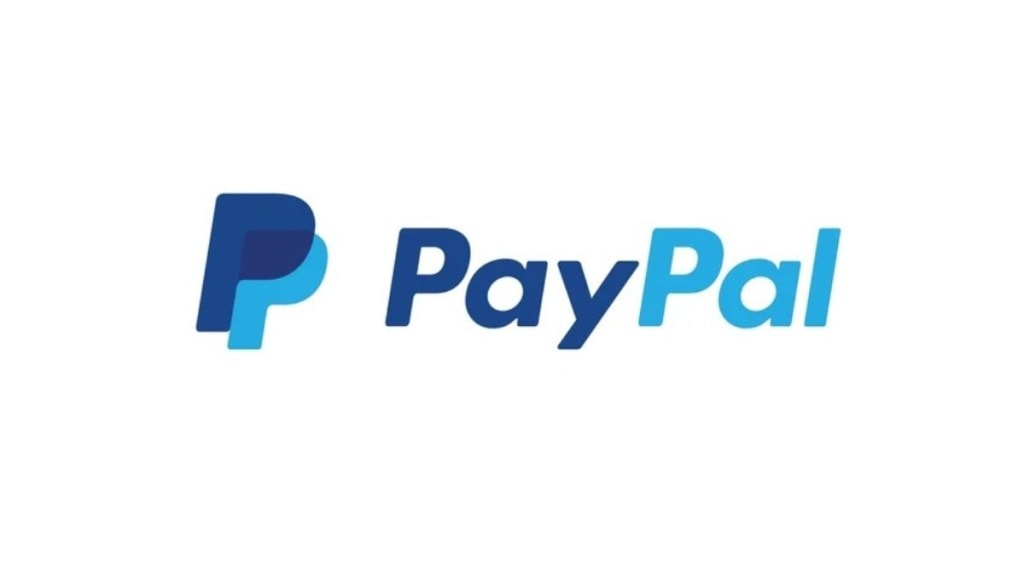The future of money will be built on domestic digital wallets, said PayPal CEO Alex Chriss on Tuesday. Chriss was speaking at the demo of the company’s new globally interoperable wallet platform, PayPal World. The platform’s first payments system partner is India’s Unified Payments Interface (UPI).
Speaking at the Global Fintech Fest, Chriss said PayPal’s next big bet is on connecting the world’s local wallets to create a borderless payments ecosystem. “In almost every country, people are already interacting through domestic wallets. I fundamentally believe the future of money is going to be domestic wallets,” he said.
With PayPal World, the company is building an interoperability layer that links domestic digital wallets with PayPal and Venmo, allowing consumers to use their home wallet to pay merchants anywhere in the world.
PayPal building an Interoperability layer for Global Digital Wallets
For instance, when the service rolls out in the coming months, an Indian consumer using UPI could make a payment abroad through PayPal World without needing a foreign wallet or card. Likewise, an international traveller could pay Indian merchants using their home country’s wallets.
Most digital wallets today, such as UPI in India, Alipay in China, or Venmo in the US, are primarily used domestically. When users travel abroad or shop online from merchants in other geographies, they can’t pay with their home wallet. Similarly, merchants can only accept payments from local users.
“If you believe that wallets are the way people will interact, then it makes sense to make them interoperable. But that’s just not how it works today,” he added.
Chriss said the idea for PayPal World was born two years ago during a conversation with Dilip Asbe, MD and CEO of the National Payments Corporation of India (NPCI).
India’s growing role as a Fintech Innovator
Chriss noted that this collaboration highlights India’s growing role as a fintech innovator. “Everywhere I travel, be it the Middle East, Europe, the US, India comes up as a hub for innovation, talent, and commerce,” he said.
As the second-largest employee base for PayPal, India is a crucial market for the company. “India is already a leader in payments innovation. But rather than compete domestically, we want to connect India to the world,” Chriss said, when asked about the company’s plans to enter the domestic payments market.
Unlike PayPal, global fintechs such as US-based Stripe and UK’s Revolut have obtained RBI licences over the years to offer services in India. Stripe’s India arm, which holds an online payments aggregator licence, moved to an invite-only mode for new users last year, following stricter KYC norms. Meanwhile, Revolut, which holds a license for Prepaid Payment Instruments, is expected to launch its products soon.
Beyond payments, PayPal now aims to shift its focus to innovation throughout the end-to-end commerce journey. Commerce has opened up new monetisation avenues, too, such as advertising. The company recently launched its advertising business that lets merchants use personalised data to target customers.

